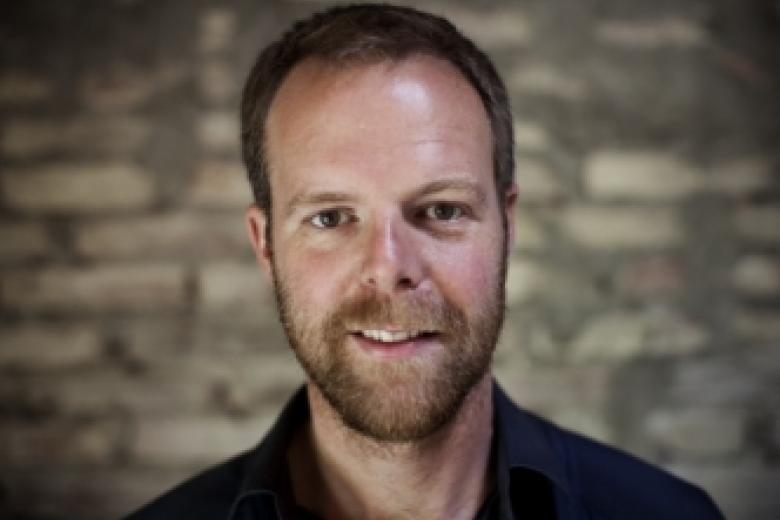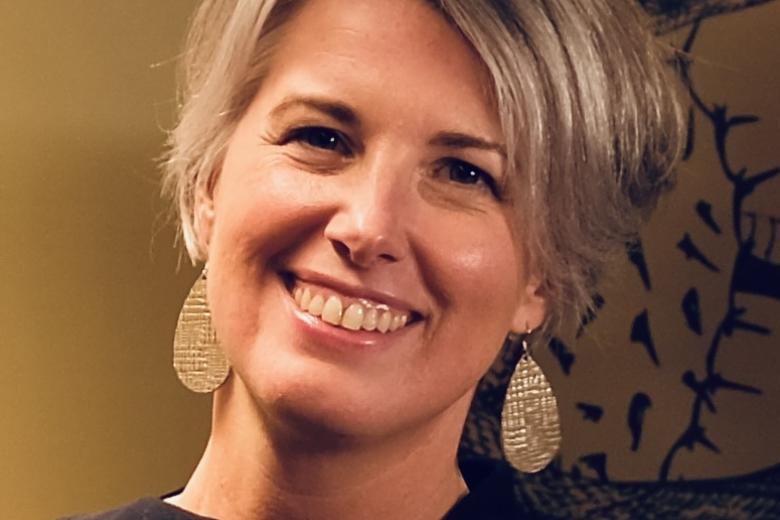Globalization & Law Network Seminar 'Here be Dragons: Legal geography and EU law’ with Floris de Witte
On 19 April 2023, during the latest seminar organized by the Globalization & Law Network, Dr Floris de Witte (London School of Economics and Political Science) presented his paper, ‘Here be Dragons: Legal geography and EU law’. Carlo Colombo and Matteo Bonelli acted as discussants.
During the presentation, Dr de Witte touched upon the importance and usefulness of questioning European Union law through the lens of legal geography and approaching it from another perspective. He explained that, even though legal geography is a relatively new addition to legal studies, it is essential to understand how law creates and designates spaces and temporal links, as well as how it mediates through them. A deeper understanding of legal geography can reveal how the law affects and is experienced by EU citizens.
Dr de Witte also talked about the concept of heritage as a legal category, deeply spatially and temporally situated in law, and gave three examples, of which one on the geographical indication protection (GIP) rules imposed on Prosciutto di Parma to guarantee the standard of these products. He concluded by restating how legal geography challenges our understanding of what EU law is but suggests going beyond as it reshapes certain elements considered fundamental for life.
If you are interested in joining the upcoming seminars of the Globalization & Law Network, you can view the program and register here.
Also read
-
Christian Ernsten awarded funding for project on recurating colonial-era collections
UnRest focuses on the historically significant yet deeply contested archives and artworks associated with Robert Jacob Gordon (1743–1795) – a Dutch military officer and explorer whose documentation of the Cape region shaped European knowledge of South Africa during the 18th century
-
Milou: “Studying is still often a privilege’’
Even outside the lecture hall, law student Milou Scholten is committed to justice. As the chair of Students for Equality, she campaigns for accessible education and equal opportunities for all students.
-
Tanne van de Kreeke – a former lawyer turned epidemiologist
According to Tanne, a former lawyer and now part-time Epidemiology student, the quality of research in general would improve if more people had a better understanding of epidemiology and how the field relates to research methodology. Tanne is clear about the benefits of the master’s programme.